The Sun Microsystems .au not the ones from Audacity.
.au was the very first audio format I learned to code.
Although you should always just import the built-in wave library instead of au, I still believe it’s a great place to start learning about structs, how to pack/unpack, and how to work with file headers.
Currently the code only supports PCM32 (Each sample is a 4 byte long); at a later date I will add some more formats if analytics data suggests there’s an interest.
I would’ve written this in python 2, I think it should work in py3 anyway,
from __future__ import division
from struct import pack
from math import sin, pi
def AuHeader(SampleCount,Method="PCM32L"):
Methods={"MuLaw":(1,1),"PCM8L":(2,1),"PCM16L":(3,2),"PCM32L":(5,4),"PCM32F":(6,4),"PCM64F":(7,8)}
SampleRate=44100
(Code,BytesPer)=Methods[Method]
if Method=="MuLaw":
SampleRate=8000
return '.snd'+pack('>5L',24,SampleCount*BytesPer,Code,SampleRate,1)
#Make a header beginning with ".snd" followed by five lots of 4 byte integers,the first represents the header size in bytes, the second is the total number of bytes in the data stream, next is a code representing which encoding is used.
#We'll exclusively be using PCM32 which is represented by a 5,
#Next is Sample Rate, how many samples per second, we'll be using 44100hz; there are other values, but it's the most common
def ListToAu(Samples,Method="PCM32L"):
File=AuHeader(len(Samples))
File+=AuBody(Samples)
return File
def OutputListAu(Samples,Name="test.au",Method="PCM32L"):
File=open(Name,"w")
#Graph.ListToGraph(Samples).show()
File.write(ListToAu(Samples))
File.close()
def AuBody(Samples,Method="PCM32L"):
Out=b""
if Method=="PCM32L":
Signed=True
BytesPer=4
Code=">l"
Magnitude=2**(BytesPer*8-1)-1
if Signed:
for i in Samples:
j=-1 if i<-1 else 1 if i >1 else i
Out+=pack(Code,int(Magnitude*j))#Multiply the normalised value of the sample by the Magnitude round it to the nearest integer and pack it into bytestring Out
else:
for i in Samples:
j=-1 if i<-1 else 1 if i >1 else i
Out+=pack(Code,int(Magnitude*(j+1)))
return Out
OutputListAu([sin(x/44100*440) for x in range(441000)])#Example







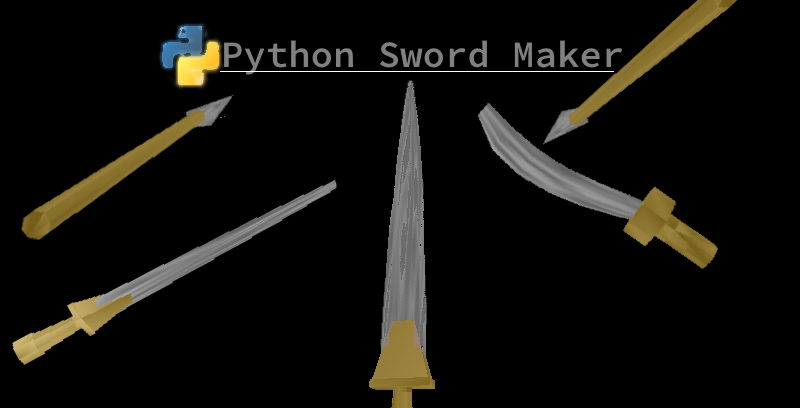
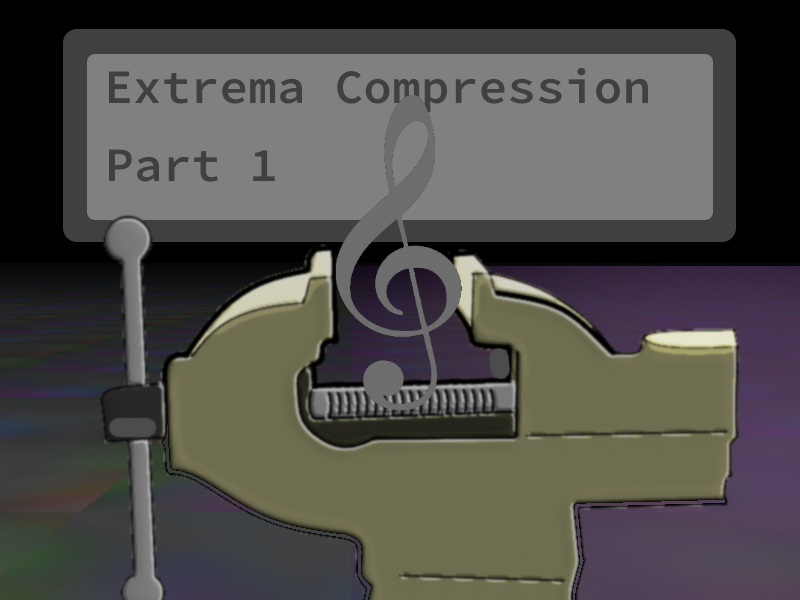
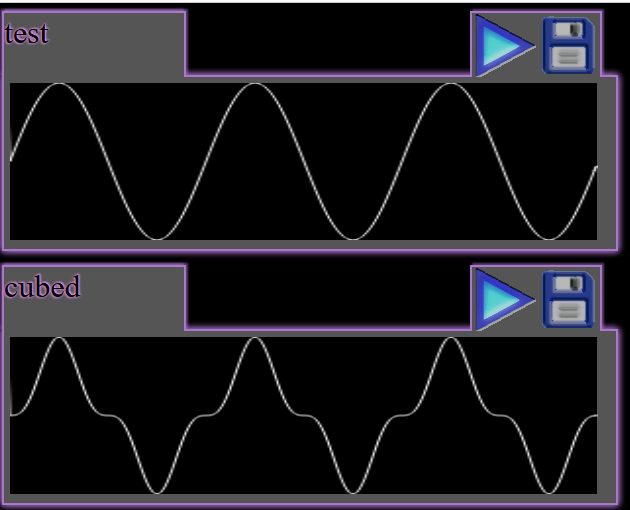


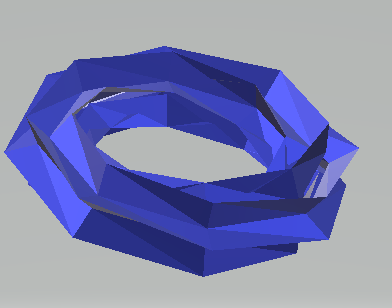


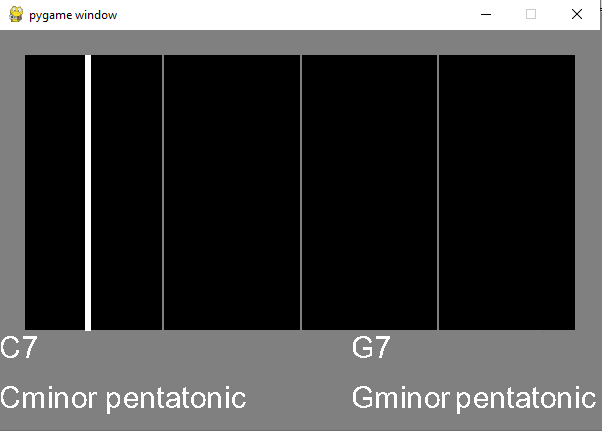
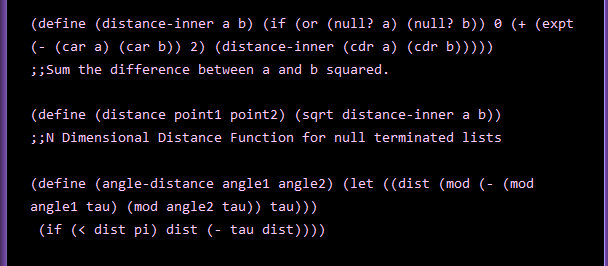
0